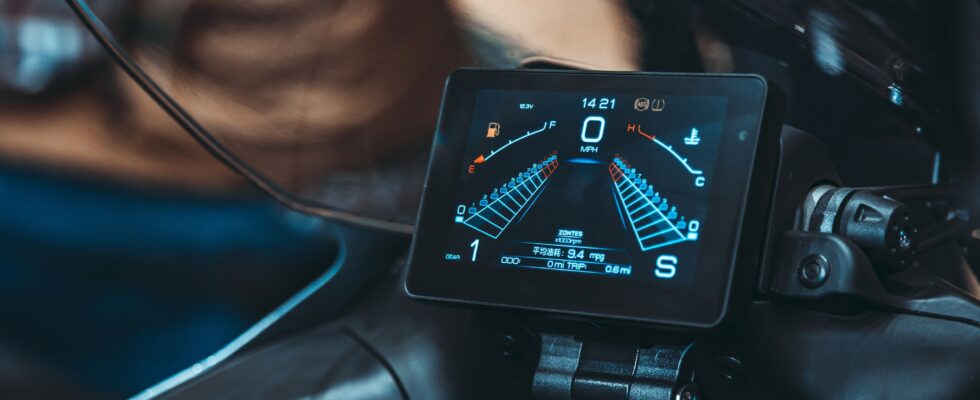The UN wants to extend its cybersecurity regulations from cars to electric bicycles as well as scooters and motorcycles. The organization anticipates the risks associated with increasing connectivity on the steering wheel and handlebars.
A working group of the United Nations Economic Commission for Europe, UNECE, focused on connected vehicles, has decided to strengthen the IT protection of motorcycles, scooters and electric bicycles exceeding 25 km/h. His idea is to extend the regulation already applied to cars and trucks since January 2021 to two wheels, by establishing an international framework for vehicle approval in terms of cybersecurity. In view of the progress embedded in the machines, it is better to act before it is too late.
Connected two-wheelers are subject to real cybersecurity risks
It is therefore UN Regulation No. 155, initially intended for cars, that the working group decided to extend to motorcycles, scooters and electric bicycles. With the proliferation of electronic aids on two wheels, this extension reflects the real need to secure personal data, and to prevent failures of connected systems, whether caused by external intervention or not.
Modern motorcycles today include, some of them, several connected features. Examples include simple linking to the smartphone, updates, software vulnerabilities, speed adapters and others, which are all entry points for cybercriminals.
Among the flaws or attack methods linked to threats that can affect motorcycles or scooters, we can cite those affecting their communication routes. For example, we can imagine here the simulation of messages or data received by the vehicle. There are also threats linked to update procedures, such as the possibility of preventing legitimate updates, materialized by a denial of service attack against an update server or network, which would block the deployment of updates. a critical software update. And the list is far from complete, as you might expect.
Each country will be free to adopt (or not) the regulatory extension
The UN decision, which will be submitted for final adoption to the World Forum for the Harmonization of Vehicle Regulations next June, has in any case reached consensus among the motorcycle industry, which is already a first step. The latter sees it as a good response to the risks linked to technological developments in two wheels.
However, if this regulatory extension were to be definitively applied, it would not be mandatory. Even if its adoption should be strongly recommended, each country will remain free to include it in its law or not.
By extending cybersecurity standards to motorcycles and other connected two-wheelers, the UN is strengthening its commitment to the safety of users and riders. It sets the stage for a future where connected and autonomous vehicles become the norm.
Source : The bikers’ denClubic

0